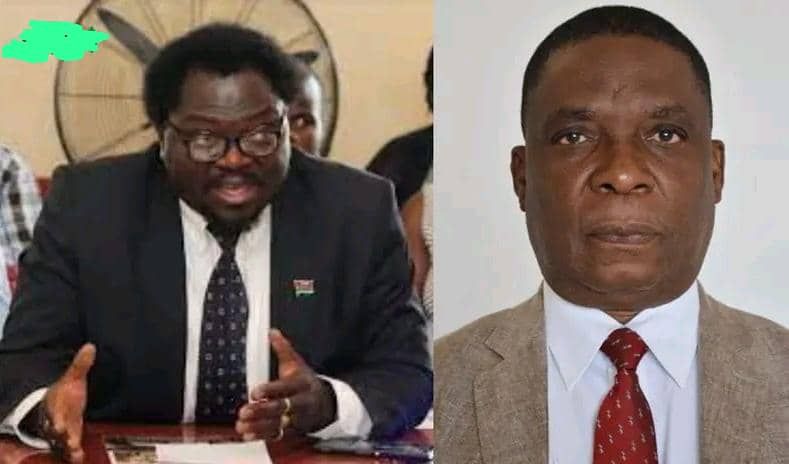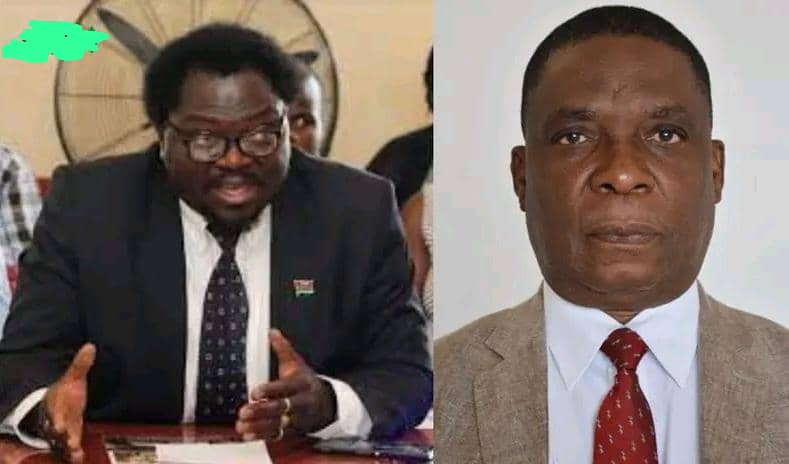By Burnett Munthali
The arrest of activist Bon Kalindo and Rumphi East legislator Kamlepo Kalua on cybercrime-related charges for releasing audios related to Vice President Saulos Chilima’s plane crash raises significant concerns about freedom of speech and press freedom in Malawi.
Firstly, the charges themselves under cybercrime laws suggest a potential misuse of legislation intended to protect against digital crimes for silencing political dissent or criticism. This could set a dangerous precedent for stifling public discourse and transparency.
Secondly, the timing of the arrests, following the release of audios that may be perceived as politically sensitive, raises questions about the motives behind these actions. It could be seen as an attempt to intimidate activists and lawmakers from exposing information that could be embarrassing or critical to the government.

Thirdly, such arrests may have a chilling effect on journalists, activists, and politicians who seek to hold the government accountable through investigative reporting or whistleblowing. It undermines the principles of democracy and transparency by creating an atmosphere of fear and self-censorship.
In conclusion, the arrest of Bon Kalindo and Kamlepo Kalua on cybercrime charges for releasing audios related to VP Saulos Chilima’s plane crash highlights broader issues of freedom of speech, press freedom, and the misuse of legal frameworks to suppress dissent in Malawi. It is crucial for international observers and civil society to monitor these developments closely and advocate for the protection of fundamental rights and liberties in the country.



